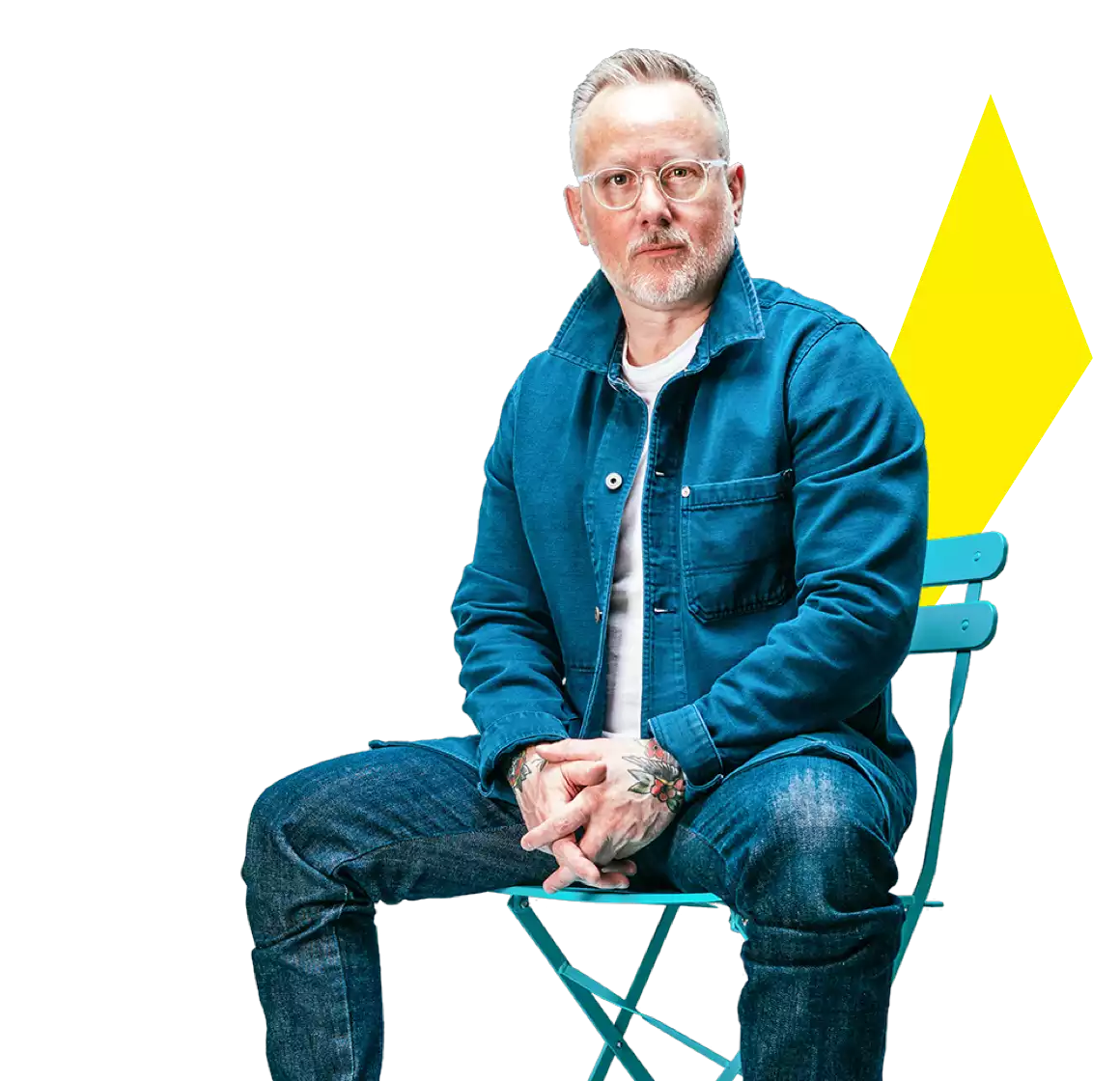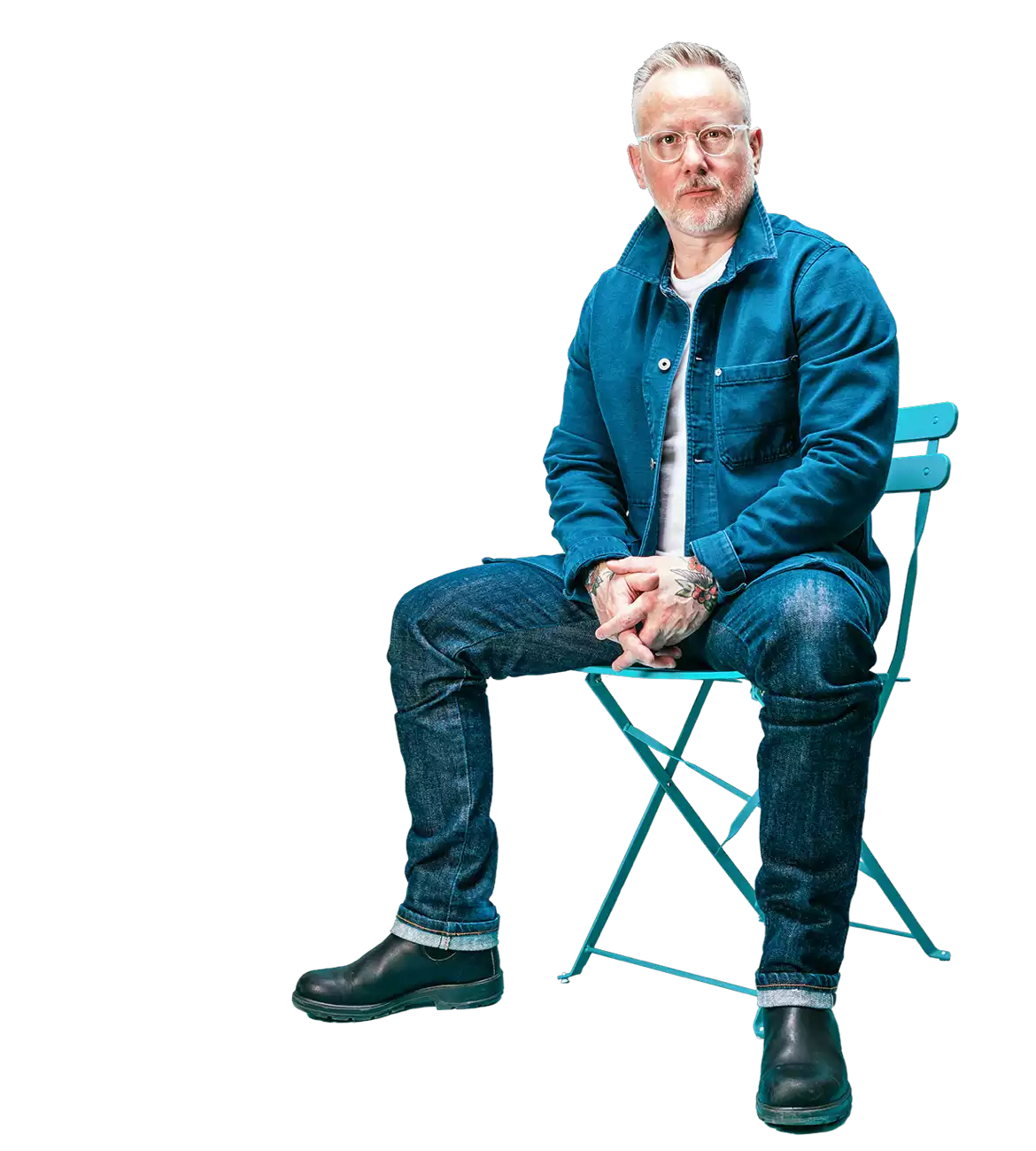WHAT YOU NEED TO KNOW ABOUT
SYPHILIS
REGULAR TESTING FOR STIs LIKE SYPHILIS IS AN IMPORTANT PART OF STAYING HEALTHY.
No cost, no appointment testing is available at the following two health centers.
Health Center 1
1930 S. Broad St, 2nd Fl.
215-685-6585
HOURS
Monday – Friday, 8:00am – 4:00pm
Mondays, 4:30pm – 7:00pm
Health Center 5
1900 N. 20th St
215-685-2491
HOURS
Monday – Friday, 7:45am – 4:00pm
You can also find another health center near you or request a house call.


HOW IS SYPHILIS TRANSMITTED?
- Oral, anal or vaginal sex without a condom.
- Skin-to-skin contact with an infected person who has a sore or rash.
- Condoms do not provide 100% protection if a sore or rash aren’t covered by the condom.
- Rimming and fisting can also put you at risk.
HOW DO I KNOW IF I HAVE SYPHILIS?
It can take days to weeks from when you came in contact with syphilis to when you may notice symptoms. The symptoms are different from person to person and usually come and go in three stages:
PRIMARY SYPHILIS
Can be a painless, open sore on your penis, balls, in or around your butthole or mouth—depending on the type of sex you have. If your partner has a sore on their penis, and you bottom without a condom your sore will be in our around your butt, or in your mouth if you give a blow job.
The sore will heal after a few weeks without medicine. However, you still have syphilis so it’s important not to ignore it.
SECONDARY SYPHILIS
Can start as long as 6 months after being exposed to a syphilis sore. Signs can include a rash on your chest or torso, what look like spots on your hands or feet, swollen glands, white patches inside your mouth or white or warty bumps around your penis and balls. These symptoms will also go away without medication, but don’t ignore them. Especially if you experience blurry vision or eye pain, get to a doctor right away.
LATENT (HIDDEN) SYPHILIS
During this stage, you do not have any symptoms. But you still have syphilis and can pass it to others. This latent stage can last for as little as a year, or range from 5 to twenty years. During this stage you can also relapse and experience secondary symptoms again.
It is incredibly important not to leave syphilis untreated. Over time, it can cause serious health complications such as blindness, problems with the heart and mental illness.
HOW DO I TEST FOR SYPHILIS?
Because the symptoms can be tricky to diagnose, you should have a physical exam done by your doctor and a blood test to determine if you have syphilis. Remember, a syphilis sore can be in a place like your butthole or inside your mouth so you may not notice it. That is why a blood test is so important.


WHAT DO I DO IF I HAVE SYPHILIS?
If you have tested positive for syphilis, have been told by your partner they have syphilis and/or are experiencing symptoms of syphilis, you need to seek medical treatment immediately. A penicillin treatment is recommended to cure syphilis. This is given as a shot in your butt cheek. You should make sure you have follow-up blood tests 3-6 months after treatment to make sure the shot worked. Like other bacterial infections, you can get syphilis again.
It is especially important to talk to a public health worker about who you’ve had sex with, even if you don’t know a lot about them. This helps prevent syphilis infections in your community.


WHAT ABOUT
SYPHILIS & HIV?
Using condoms every time, the correct way, will help reduce the risk of picking up and passing on both syphilis and HIV. Research shows us that having any STD or having sex with someone with an STD can increase your risk of picking up HIV. If you already have HIV, an infection like syphilis may increase the amount of virus in your cum and increase the chance you'll pass on HIV to your partner.